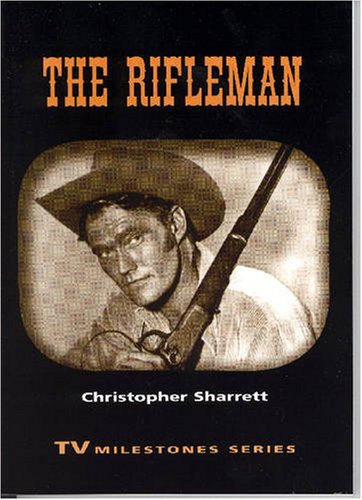

Most ebook files are in PDF format, so you can easily read them using various software such as Foxit Reader or directly on the Google Chrome browser.
Some ebook files are released by publishers in other formats such as .awz, .mobi, .epub, .fb2, etc. You may need to install specific software to read these formats on mobile/PC, such as Calibre.
Please read the tutorial at this link: https://ebookbell.com/faq
We offer FREE conversion to the popular formats you request; however, this may take some time. Therefore, right after payment, please email us, and we will try to provide the service as quickly as possible.
For some exceptional file formats or broken links (if any), please refrain from opening any disputes. Instead, email us first, and we will try to assist within a maximum of 6 hours.
EbookBell Team

0.0
0 reviewsThe Rifleman is perhaps the most significant and intelligent of the TV westerns from the late 1950s-an era when the western was the dominant television genre. With its story of a single father raising a son in 1880s New Mexico, The Rifleman offered many alternatives to the conventions of the western. It also embodied many of the genre's contradictions, setting its ideas about domesticity and level-headedness alongside the gun violence adopted by westerns as central to the settling of the West and the creation of America. With its initial episodes written and directed by celebrated auteur Sam Peckinpah, and the overall series produced by veteran Dick Powell and the pioneering television production team of Jules Levy, Arthur Gardner, and Arnold Laven, The Rifleman is distinguished by its stewardship of some of the most talented minds of early television.
In his succinct study of this television milestone, Christopher Sharrett uses television studies, psychoanalytic criticism, gender studies, and American studies to place The Rifleman within the TV western genre and early television culture. While discussing the intelligence and lasting value of this series, Sharrett also challenges the reader to consider the broader role of 1950s television in shaping the consciousness of the postwar generation. The Rifleman remains one of the great examples of the stalemates within American mass culture: the struggle between reason and violence.